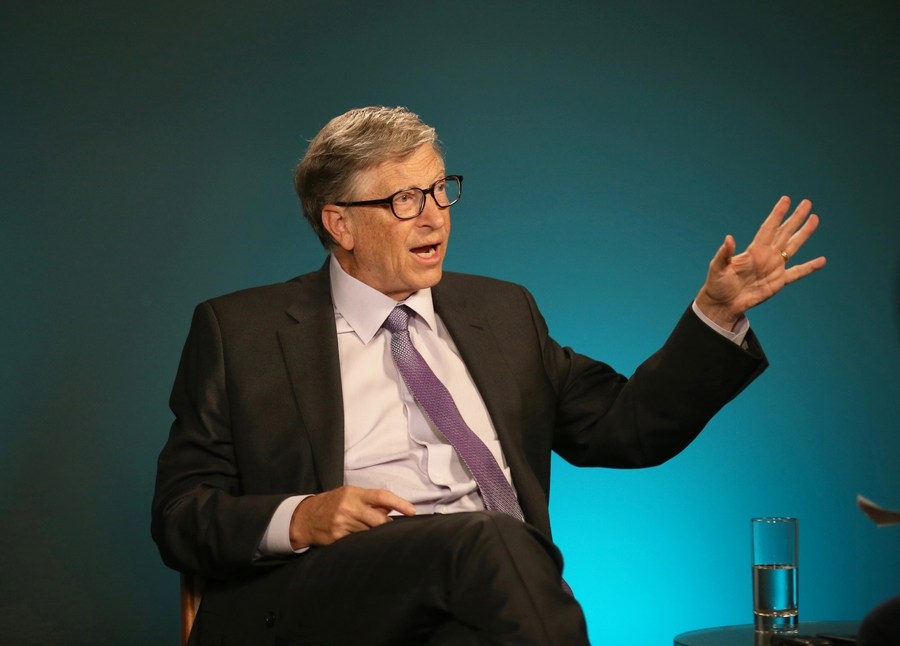Hine argues that a major shift in thinking is needed to address the unique challenges men face, calling for a more inclusive approach to gender and mental health.
As the discourse around gender equality gains momentum, the mental health struggles of men and boys are being largely overlooked, according to Benjamin Hine, a UK-based psychology expert. In his new book, Hine, a Professor of Applied Psychology at the University of West London (UWL), argues that societal expectations surrounding masculinity are exacerbating issues that men face, leaving them excluded from important gender conversations.
Hine identifies body image, fatherhood, and sexual relationships as key stressors impacting men and boys. He emphasizes the need to address these concerns without framing men as “the problem” and highlights the danger of neglecting their mental health needs. His book also touches on other often ignored issues, such as education, gaming addiction, and homelessness. These problems are typically overshadowed because men are too often seen as the source of societal issues rather than individuals who require support.
Hine argues that a major shift in thinking is needed to address the unique challenges men face, calling for a more inclusive approach to gender and mental health. He stresses that promoting cultural and gender inclusivity, alongside evidence-based solutions and early intervention, is crucial for improving gender equality. “In today’s rapidly changing society, the issues faced by men and boys often go unnoticed or are overshadowed by discussions focused on women and marginalized groups,” Hine states in his book.
The professor points out that, like all individuals, men are complex human beings with their own struggles, vulnerabilities, and challenges. He calls for a more intersectional approach that includes men and boys from diverse backgrounds, including those from different ethnic, religious, and gender or sexual identities. Mental health issues, including the high suicide rates among men, should be a central priority, he argues.
Hine also warns that leaving young men out of gender discussions can have negative consequences. While it is crucial to focus on issues facing women and marginalized groups, failing to engage men can lead to feelings of resentment, loneliness, and depression. This exclusion may also drive some men to seek validation in toxic online spaces, which can further reinforce harmful and extreme views.
The book underscores that many issues affecting both men and women are closely linked, despite being treated as separate. Hine urges the public, policymakers, and practitioners to adopt a more holistic, inclusive approach to promoting male well-being. By focusing on supporting men’s mental health and addressing the challenges they face, society can make significant strides toward a more inclusive and equitable future for everyone.













